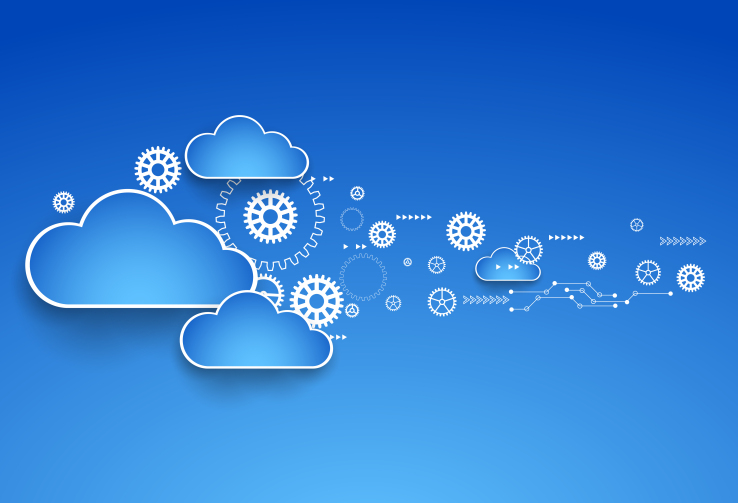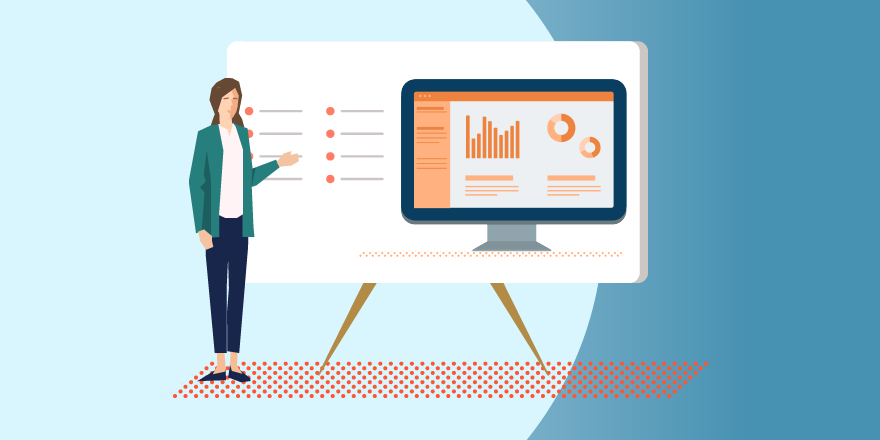As per the recent examination , global ERP market is expected to grow by 7 % CAGR . As a result enterprises are investing heavily on ERP software development at it is become one of the most indispensable platform .
Enterprises system helps business to ease on their day to day work by providing unique solution to automate their business . Technologies plays an important role in boosting importance of these application and it is continuously growing since beginning . Let’s look at the enterprise technology that will help enhancing enterprise application in upcoming years .
Technology Concepts Enhancing Enterprise Applications
# Intelligence Enterprise System
The introduction of artificial intelligence and machine learning has opened new world for developers and the ultimate aim of these technology is to benefit ERP software industry . Machine learning concept is one of the major attraction among them .
Enterprise are actively taking part in implementation of these technology and it is predicted that by 2022 machine learning will play important role in this technological advancement .
On the other hands , business are handling huge amount of data . Thanks again to machine learning which enables predictive analysis to comprehend data faster and at the same time tracking of insights about data .
Another great advantage being data is churned to figure out potential issues even before its actual time , in case of system failure . This helps in saving of cost , increasing of productivity and timely recovery of data
# Connected Enterprise Environment
The next big technological advancement in this fields is Enterprise ” Internet Of Things ” that aids in connecting physical devices with computer which helps in contribution of process of business . Physical devices are connected by use of internet with computer to share real time insight of data flow . This helps in reduction of manual intervention of data and increasing overall work efficiency .
Internet of things bring down endless opportunities on the table with its thrilling concept . It helps sending control instruction to desired device on the basis of pre set business rules .
The density of integration comes from data . Big data analytics are also getting advance to obtain IoT based data sets which will become priceless for decision maker of enterprise .
# ERP Based On Cloud
Since the very beginning of 2019 , it has great upsurge in traction of cloud based ERP systems . There has been ever increasing demand for cloud based ERP as it helps enhancing business efficiency enhancement . The major factors that are encouraging cloud based ERP adoption are :
Scalability :
SaaS based applications facilitates enterprise to have freedom to choose for their own custom needs . ERP based solution which are cloud based are easily to upscale as well as removal of unused modules in ERP at any point of time with ease .
Multi Tenancy :
As enterprise are growing globally their customer reach has also increased at tremendous stage . Therefore application which a single code base hosted centrally is in demand by all users .
Cost Saving :
In cloud based ERP systems there is actually no need of hardware and infrastructure set up . Cloud hot ERP are cheaper and accessible from any web browser with ease inspite of system configuration . SaaS modules also has upfront license fees as SaaS is generally based on subscription based module which is Pay as you go .
Apart from what has been discussed above , many new things are coming up every now and then in upcoming years .
Winklix can help you develop custom as well as customisation of SaaS based ERP platform in order to cope up with existing trend . Contact us now .




